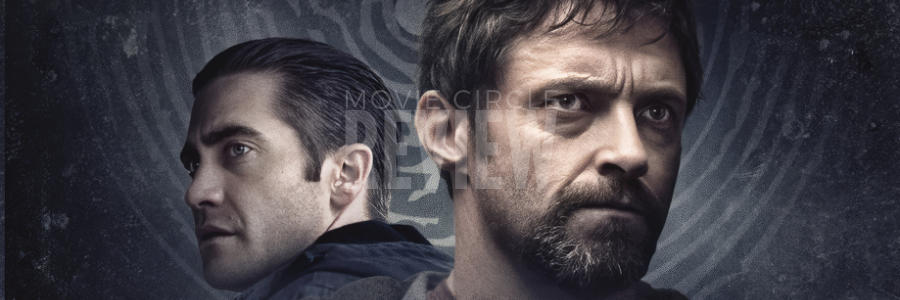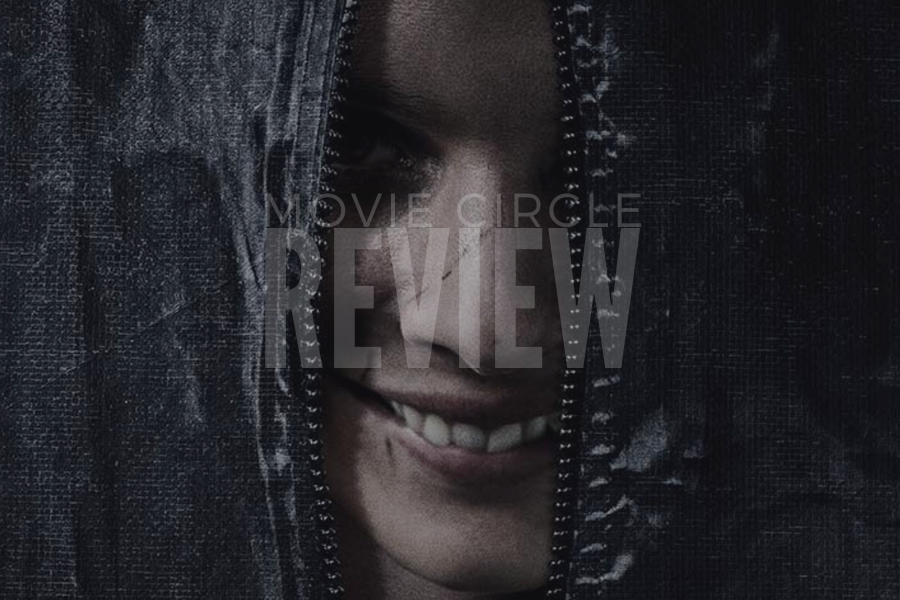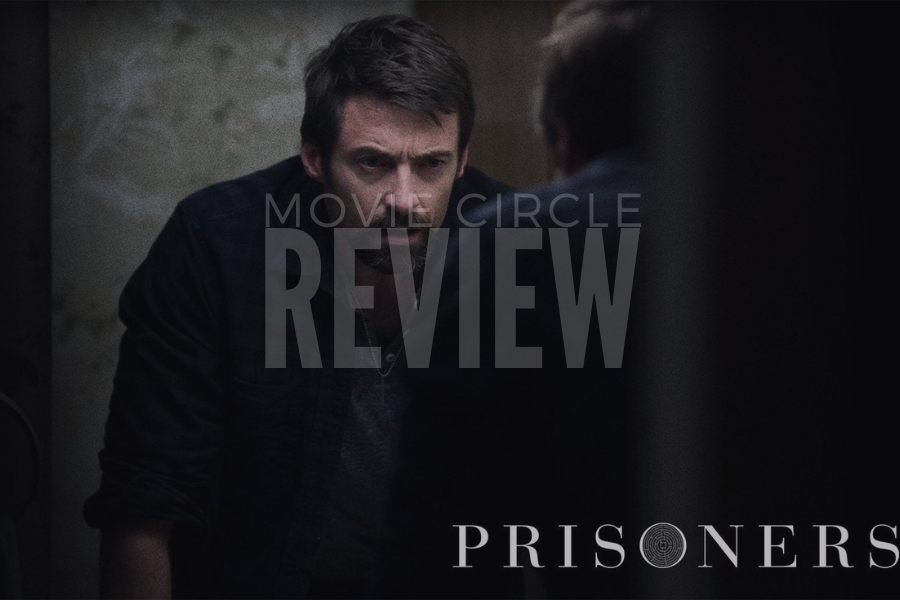Director Denis Villeneuve’s psychological thriller Prisoners, which enthralled viewers with its rich story, nuanced characters, and moral conundrums in 2013, was Hugh Jackman, Jake Gyllenhaal, Viola Davis, Maria Bello, and Paul Dano star Prisoners, which chronicles the horrific tale of two young girls who vanish and send their family and the town into a frantic hunt for explanations. Beneyond the surface of this thrilling, tense thriller, nevertheless, is a closer study of human nature, justice, and the thin line separating good from bad.Justice vs revenge in Prisoners. Among the most praised movies of 2013, Prisoners has permanently changed the thriller subgenre. It begs serious ethical concerns about what one is ready to do when confronted with terrible loss and how far one can go before entering the domain of vengeance and moral degradation. We will examine the themes, characters, and effects of Prisoners in this blog in order to investigate why it is still among the best psychological thrillers from recent memory.Justice vs revenge in Prisoners
Plot Summary: The Trip into Desperate States
On Thanksgiving Day, the movie opens with two young girls—Anna (Erin Gerasimowicz) and Joy (Kyla Drew Simmons)—being kidnapped from a Pennsylvanian suburban area. The disappearance shakes the neighborhood, and two families—Keller Dover’s (Hugh Jackman) and Nancy Birch’s (Viola Davis)—are left to deal with the unexpected death of their daughters.Justice vs revenge in Prisoners
Under Detective Loki (Jake Gyllenhaal), the police start an inquiry; but, lack of evidence prevents them from making an arrest until Alex Jones (Paul Dano) is discovered close to the crime scene. Alex is discharged albeit having unusual conduct and low mental capacity since he is mentally impaired. Desperate to locate his daughter and unable of trusting the authorities to advance, Keller Dover takes matters into his own hands when the inquiry stalls. Believing Alex knows more than he is revealing and maybe involved in the girls’ disappearance, he kidnaps Alex.
This very disturbing examination of Keller’s moral decline as he tortures Alex in an effort to compel him to divulge the whereabouts of the missing girls Detective Loki keeps looking into other possible lines concurrently, but as time runs short Keller’s own activities became more careless and forceful. As hints reveal and the true identity of the abductor stays secret, the movie keeps the viewers on edge and turns.
The moral uncertainty increases along with Keller’s desperation. More importantly is justice for his daughter or the preservation of his own humanity? And can a parent’s love for their child support behaviors against the very core of the law?
Themes in Prisoners: Justice, Morality, and Desperation
One of the most compelling aspects of Prisoners is its exploration of morality and justice, particularly the gray area between right and wrong. The film doesn’t just present an innocent victim and a clear-cut villain. Instead, it asks difficult questions about how far individuals are willing to go to protect their loved ones and whether that line can be crossed without irreversible consequences.Justice vs revenge in Prisoners
1. Justice vs. Revenge
At its core, Prisoners is a film about justice, but it complicates the concept by introducing the theme of revenge. Keller Dover is a father driven by a powerful desire for justice and closure after his daughter’s kidnapping. However, his need for justice quickly transforms into a need for vengeance, as he resorts to torture to extract information from Alex. The film challenges the viewer to question whether his actions—his brutal attempts to force Alex to confess—are justified in the name of a higher cause.Justice vs revenge in Prisoners. The line between justice and revenge becomes increasingly blurred as Keller takes matters into his own hands. His belief that the system is failing him leads him to abandon traditional notions of justice, and instead, he becomes a man consumed by his own rage. Keller’s transformation is a reflection of how desperation can warp one’s sense of morality.Justice vs revenge in Prisoners
Detective Loki, on the other hand, represents the other side of the argument: the law. As a diligent and determined police officer, Loki seeks justice through legal means. His investigation into the abduction is methodical, but as time wears on, he becomes frustrated by the lack of progress. The contrast between Loki’s adherence to the law and Keller’s willingness to go beyond the law is one of the key tensions in the film.Justice vs revenge in Prisoners
2. Parent-Child Relationships and Desperation
The love a parent has for their child is a central theme in Prisoners. Both Keller and Nancy Birch are parents willing to do anything to find their daughters, even if it means compromising their values and moral compass. The depths of parental desperation are explored in raw and disturbing ways as Keller’s decision to imprison Alex is driven by a father’s instinct to protect his child at all costs.Justice vs revenge in Prisoners
The emotional depth of the film is heightened by the performances of Hugh Jackman and Viola Davis, who each bring a heartbreaking sense of grief and hopelessness to their characters. While Keller is actively involved in the search for his daughter, Nancy is more passive, relying on the police to do their job. Yet, her quiet anguish is no less palpable. The film contrasts their responses to tragedy, offering a nuanced portrayal of how different people cope with loss.Justice vs revenge in Prisoners
Moreover, the film also explores the effect the crime has on the children left behind. Anna and Joy’s abduction is not just a tragedy for their parents, but a devastating loss for the community as a whole. The film reminds viewers that the impact of such crimes reverberates far beyond the immediate family, and that the lives of the missing children are shaped by their absence.Justice vs revenge in Prisoners

3. The Corruption of the Human Soul
Another theme that Prisoners explores is the idea of the corruption of the human soul in the face of violence and evil. Keller’s willingness to torture Alex gradually transforms him into someone unrecognizable from the man he was before the tragedy. His moral decline is paralleled by the increasingly sinister nature of his actions, as he pushes his sense of justice further and further into dangerous territory.Justice vs revenge in Prisoners
In this way, Prisoners serves as a meditation on the psychological toll that vengeance takes on an individual. By putting Keller’s actions front and center, the film asks whether the pursuit of justice—especially when that justice involves acts of violence—can ever remain pure. As Keller becomes consumed by his quest, the viewer sees how even the most well-intentioned people can lose themselves in the darkness.
The Performances: A Masterclass in Tension
The performances in Prisoners are nothing short of extraordinary. Hugh Jackman delivers a career-defining performance as Keller Dover, a man torn between the love for his daughter and the darkness that his grief and desperation drag him toward. Jackman portrays Keller as a loving father, but also as a man unraveling under the pressure of his own choices. His transformation is haunting and powerful, and it forms the emotional backbone of the film.Justice vs revenge in Prisoners. Jake Gyllenhaal, as Detective Loki, offers a brilliant contrast to Jackman’s intensity. Loki is a man who is unyielding in his search for the truth, yet his own personal demons surface as the case wears on. Gyllenhaal’s portrayal of the troubled detective is subtle, nuanced, and gripping, making him an ideal foil for Keller.Justice vs revenge in Prisoners
The supporting cast, including Viola Davis, Maria Bello, and Paul Dano, also offer standout performances. Viola Davis brings a quiet but palpable sense of grief and helplessness as Nancy Birch, while Maria Bello captures the emotional devastation of a mother losing her daughter. Paul Dano’s portrayal of Alex Jones, a mentally disabled man who may or may not be involved in the abduction, is deeply unsettling, and he adds an eerie layer of mystery to the film.Justice vs revenge in Prisoners

The Cinematic Style: Building Tension and Atmosphere
Denis Villeneuve’s direction in Prisoners is masterful. He creates a dark, atmospheric world that mirrors the moral ambiguity of the story. The film is deliberately paced, allowing tension to build slowly, keeping the audience on edge throughout. Villeneuve uses long takes, tight close-ups, and muted color palettes to create a sense of unease that permeates every scene. Cinematographer Roger Deakins, who has worked with Villeneuve on multiple projects, captures the bleakness of the characters’ lives, emphasizing the cold, isolating environment in which the story unfolds.Justice vs revenge in Prisoners. The film’s use of sound design is also notable, with moments of silence that feel deafening in their intensity. Villeneuve’s choice to allow the audience to sit with the characters in their moments of quiet despair adds to the emotional weight of the story. The film’s score, composed by Jóhann Jóhannsson, is haunting and minimalistic, heightening the tension without overwhelming the narrative.Justice vs revenge in Prisoners
Conclusion: A Thought-Provoking Thriller
Prisoners is more than just a psychological thriller; it’s a film that forces viewers to confront their own beliefs about justice, and morality. The film takes its time to unfold, immersing the audience in a world of uncertainty and tension. At its heart, it is a story about the lengths to which will go when they are pushed to their limits—when their children are taken, when they are with unspeakable loss, and when the justice system fails them.Through its complex characters, intense performances, and thought-provoking themes, Prisoners is a film that stays with you long after the credits roll. It is a haunting exploration of human nature, and it challenges the audience to reflect on what they would be willing to sacrifice in Justice vs revenge in Prisoners

